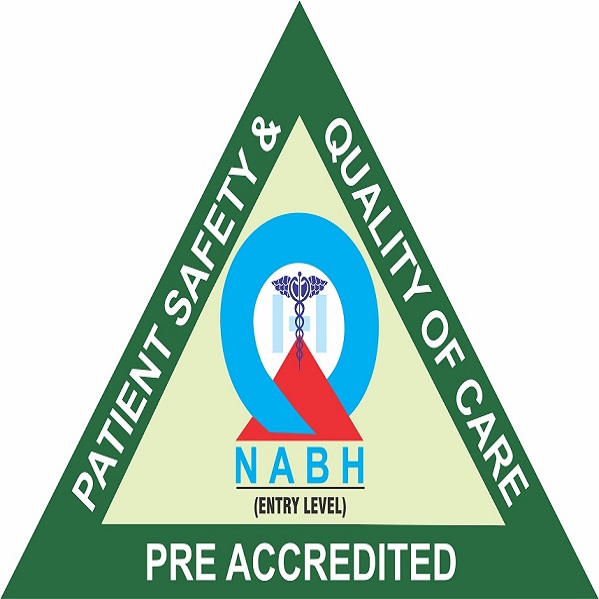Sinus Problems and Treatment: A Comprehensive Guide
Sinus problems are a common condition that affects millions of people worldwide. The sinuses are small cavities in the skull that are lined with mucous membranes. When the sinuses become inflamed, it can cause a range of symptoms, including nasal congestion, facial pain, headache, and a runny or stuffy nose. In this article, we will discuss the causes, symptoms, and treatment options for sinus problems.
Causes of Sinus Problems:

Sinus problems can be caused by a variety of factors, including:
- Allergies: Allergies to dust, pollen, or other airborne particles can cause inflammation in the sinuses.
- Infections: Viral, bacterial, or fungal infections can lead to sinusitis.
- Structural abnormalities: Structural problems with the nasal passages or sinuses, such as a deviated septum, can cause sinus problems.
- Environmental irritants: Exposure to environmental irritants such as smoke, pollution, or chemicals can irritate the sinuses and cause inflammation.
Symptoms of Sinus Problems:
The symptoms of sinus problems can vary depending on the cause and severity of the condition. Some of the most common symptoms include:
- Nasal congestion: A feeling of stuffiness or blockage in the nasal passages.
- Facial pain: Pain or pressure in the face, particularly around the nose and eyes.
- Headache: A dull or throbbing pain in the head, often around the forehead or behind the eyes.
- Runny or stuffy nose: Excess mucus production or a feeling of nasal congestion.
- Post-nasal drip: A sensation of mucus dripping down the back of the throat.
Treatment for Sinus Problems:
The treatment options for sinus problems depend on the cause and severity of the condition. Some of the most common treatment options include:
- Medications: Over-the-counter or prescription medications, including nasal sprays, decongestants, and antihistamines, can help to relieve sinus symptoms.
- Saline nasal irrigation: Rinsing the nasal passages with saline solution can help to flush out excess mucus and allergens.
- Steam inhalation: Inhaling steam from hot water can help to relieve nasal congestion and open up the sinuses.
- Surgery: In severe cases, surgery may be necessary to correct structural abnormalities or remove blockages from the sinuses.
Prevention of Sinus Problems:
There are several steps that you can take to prevent sinus problems, including:
- Avoiding allergens: If you are allergic to pollen, dust, or other airborne particles, avoid exposure to these triggers.
- Using a humidifier: Using a humidifier can help to keep the air moist, which can help to reduce the risk of sinus problems.
- Quitting smoking: Smoking can irritate the sinuses and increase the risk of sinus problems.
- Maintaining good hygiene: Washing your hands regularly and avoiding close contact with people who are sick can help to reduce the risk of infections that can lead to sinus problems.
In conclusion, sinus problems are a common condition that can cause a range of symptoms, including nasal congestion, facial pain, headache, and a runny or stuffy nose. The causes of sinus problems can vary, and treatment options depend on the severity of the condition. By taking steps to prevent sinus problems, such as avoiding allergens and maintaining good hygiene, you can reduce your risk of developing this condition. If you experience persistent or severe symptoms of sinus problems, it is important to seek medical attention to receive an accurate diagnosis and appropriate treatment.
For More info. : Click here



